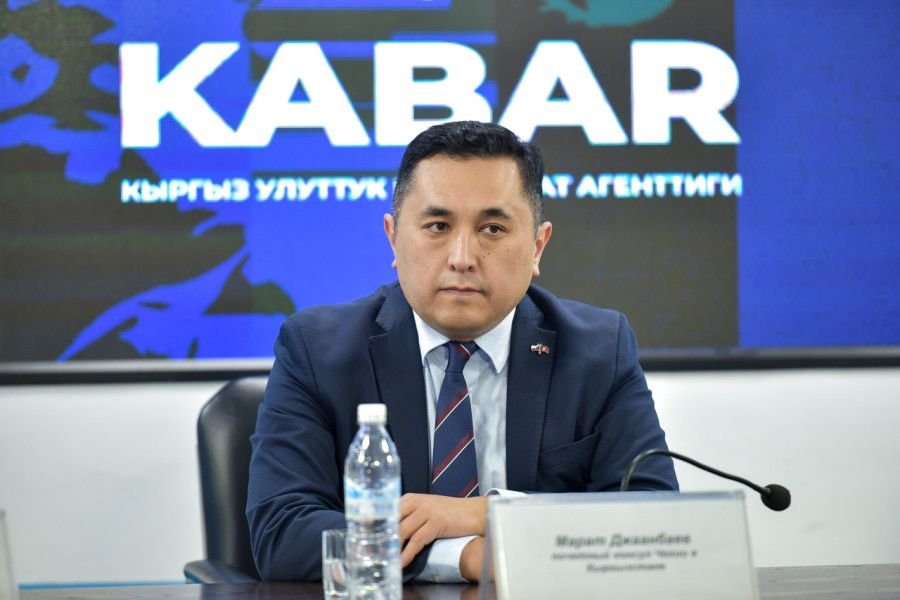Bishkek, Oct. 17, 2024. /Kabar/. Waste processing plant in Osh, which is a PPP project, is planning to produce synthepon, representative of JIA business association Marat Dzhaanbaev said at a press conference at Kabar News Agency.
He noted that in May this year sorting line and processing plant in the city of Osh within the PPP project were launched, and this project was recognized as the most innovative project of the year.
“Garbage and household waste is an unsolved and burning problem in Kyrgyzstan. The spontaneous development of this industry has resulted in a large amount of private entrepreneurs who are engaged in garbage processing, but there was no legal framework. Under this project, together with the PPP, the government and the Ministry of Economy, we were able to develop a completely new law, which is called the Law on the Procedure of Household Waste Management,” Dzhaanbaev stressed.
He added that the best experts from Europe, in particular from the Czech Republic, Slovakia and Germany, as well as from Russia, were involved in the development.
“Now we are in the legal field, since our president signed the law in August 2023. However, private entrepreneurs previously engaged in the resale of, for example, plastic, remained outside the legal field and because of tax issues and others,” the representative of the business association said, emphasizing that the construction of recycling plants solves not only garbage but also social issues.
“At the plant in Osh, 30 women from socially vulnerable groups are now working on the sorting line. In addition to wages, they are provided 3 meals a day, a shower. This is all under a PPP agreement. The plant mainly recycles secondary material - plastic, paper and glass, and 100% of the production is exported to Uzbekistan. This is a very big market. By the end of the year we plan to produce syntepon, where there is a big morginality. Plastic used to be sold to processors in Uzbekistan and Russia. Now we are trying to create a closed-cycle economy, when we have raw materials that are quoted, sell them at high margins and pull out the invested funds. To date, $1.5m has already been invested in the project, and we need to invest $10m over 25 years,” Dzhaanbaev concluded.
